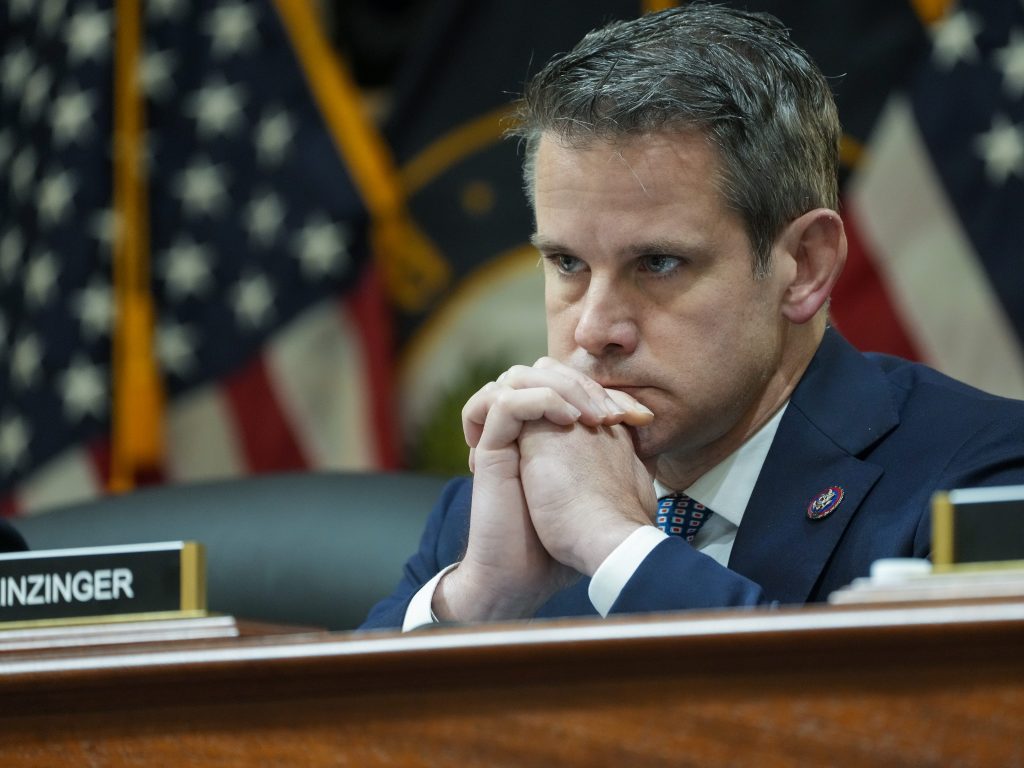- Rep. Adam Kinzinger commented on calls for the Mar-a-Lago affidavit to be released to the public.
- Kinzinger said some information should not be released if it puts lives at risk.
- Classified documents were among the materials seized at Trump's home, according to court records.
Rep. Adam Kinzinger said some of the documents in the Mar-a-Lago raid may be "so classified" they cannot be revealed.
Kinzinger appeared on CNN on Friday to discuss the FBI search of former President Donald Trump's Florida residence, during which 11 sets of classified documents were seized, according to court records. In response, Trump and his allies have called for the affidavit used in the search to be released to the public.
The judge in the case has given the Department of Justice until Thursday to inform the court what redactions they would like to be made if it is released.
Host Jake Tapper asked Kinzinger if there's a danger that "withholding too much information" could "undermine public faith in the Justice Department even further."
Kinzinger said in the interest of national security and domestic politics, transparency is good, but that reports suggest "there is some stuff that is so classified you can't even say what it is."
"If that's the case, certainly, we need to make sure that we're not revealing any of that, even in an affidavit. We want to make sure we're not putting anybody's life at risk," he said, adding that if things are redacted it shouldn't be done in a way that people can use it as fuel for conspiracy theories.
One set of classified materials seized from Mar-a-Lago was designated as Sensitive Compartmented Information, which is the highest level of sensitivity a classified document can receive, according to a search warrant.
The congressman also addressed some of his Republican colleagues' theories, such as Rep. Mike Turner, who suggested the Mar-a-Lago raid may have been politically motivated.
"It is really frustrating and sad to see my party having gone down such a dark path," Kinzinger said.
Kinzinger serves on the House Select Committee investigating the Capitol riot. He said regardless of what information is eventually released from the seizure "it is probably not going to change some people's minds."
The Department of Justice is investigating whether Trump violated three federal laws, including the Espionage Act, related to the handling of government records.
